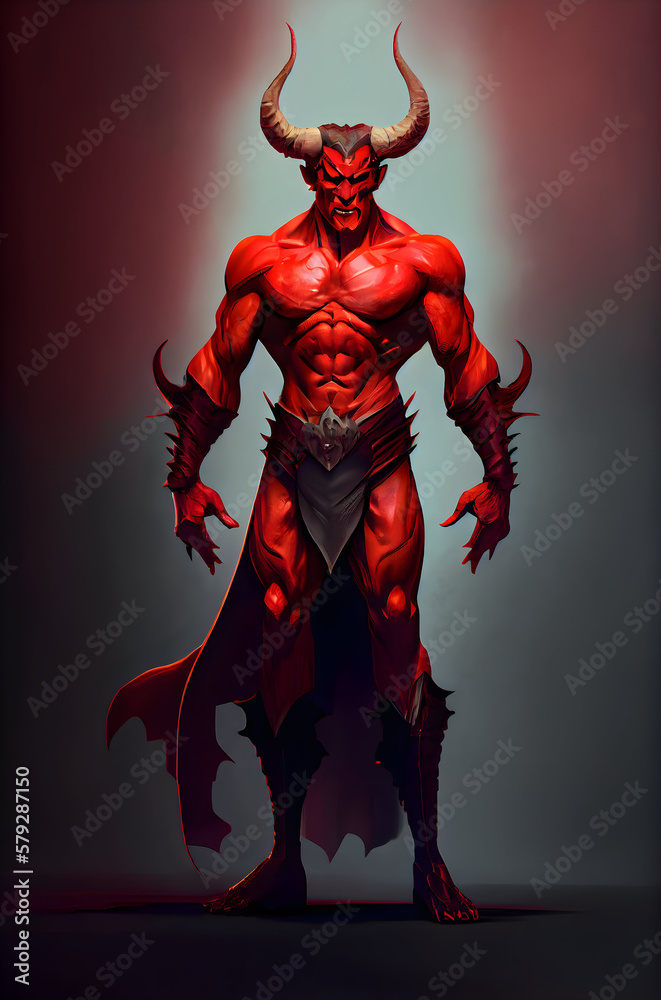The Devil reversed tarot card is often an enigmatic symbol, its significance steeped in complexity, particularly when examined through a Christian lens. Traditionally, the Devil card, when upright, embodies themes of temptation, bondage to materialism, and the darker aspects of human nature. However, its reversed position introduces a transformative perspective—one that can evoke both trepidation and hope.
This nuanced interpretation encourages us to consider what it means to confront our inner demons and the myriad ways we might liberate ourselves from them. Have you ever pondered whether the challenges we face are not merely obstacles but rather invitations to growth and self-discovery? The reversed Devil card calls this question into your consciousness and begs an inquiry into its relevance for those who hold Christian values.
First, let us delve into the primary symbolism associated with the reversed position of the Devil. While the upright card vividly illustrates enslavement to vice, the reversed Devil embodies release, reclaiming one’s power, and breaking free from oppressive influences. In a Christian context, this release resonates with biblical themes of redemption and salvation. The act of overcoming personal demons can be likened to the journey of repentance and the pursuit of a righteous life.
In Christianity, the notion of repentance is pivotal. When the Devil card appears reversed in a tarot reading, it might signal a profound moment of introspection—a time to examine one’s life choices and to shed the shackles of sin and temptation. It implicitly challenges the individual to confront their vices and insecurities, striving toward a path of righteousness. Could it be that our momentary lapses lead us not to despair, but rather to a deeper understanding of our faith?
Moreover, this card can also symbolize the relinquishing of material attachments. As believers, Christians are often cautioned against the allure of worldly possessions and the deceptive comfort they might offer. The Devil reversed compels an individual to assess their priorities, beckoning them to prioritize spiritual richness over material wealth. The scripture Matthew 6:19-20 serves as a reminder: “Do not store up for yourselves treasures on earth, where moths and vermin destroy, and where thieves break in and steal. But store up for yourselves treasures in heaven.”
This transition signifies a moment of liberation; consider how your life could evolve by choosing spiritual abundance over material accumulation. The reversed Devil invites the Christian to embark upon a transformative journey, shedding the bindings of consumerism to illuminate a more profound connection with their spirituality. Such introspection often leads to what many describe as ‘personal freedom’ and a redefined purpose.
However, liberation does not merely involve rejecting external influences. The reversed Devil card also confronts the internal struggles, such as fear, anxiety, and self-doubt. For many Christians, the battle against these internal demons is a formidable challenge. Yet, the card suggests that acknowledging these fears is the first step to transcending them. Philippians 4:6-7 advises believers to not be anxious about anything, but to pray with thanksgiving, allowing peace to guard one’s heart and mind.
The implication is clear: when one experiences the release heralded by the reversed Devil, it often comes with a newfound clarity in faith. This clarity encourages believers to tread the path of faith with courage, understanding that they are not alone in their struggles. The bond with God becomes a source of strength that enables recovery from past transgressions and the overcoming of present fears.
As we explore this concept further, it becomes evident that the role of choice is paramount. The reversed Devil card places a significant emphasis on personal responsibility and the power of conscious decision-making. Are you willing to take ownership of your past choices, and how do they shape your future? In many ways, the journey towards redemption requires recognizing the power of choice, underscoring the fundamental Christian belief that free will grants humanity the ability to choose good over evil.
Indeed, this sense of agency is a powerful tool for spiritual growth. It fosters resilience and instills hope, even amidst adversity. The devil, when reversed, can thus be interpreted as a sign of emancipation from self-imposed barriers and negative thought patterns. For Christians, embracing this liberation leads to healing and the opportunity to recommit to a life aligned with divine values.
In conclusion, the presence of the Devil card reversed in a tarot reading encapsulates a dichotomy between darkness and light, enslavement and emancipation. When perceived through a Christian perspective, this card invites reflection upon personal trials, material distractions, and internal conflicts. The challenge lies in acknowledging these struggles and understanding them as opportunities for growth.
Ultimately, the reversed Devil can hold transformative power. It encourages believers to summon their resolve, to embrace change, and to pursue a deeper connection with their spirituality. With this invitation, one must consider: what are the shackles you need to cast aside to step into the fullness of your faith?







Leave a Comment